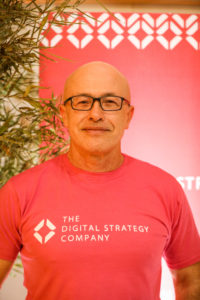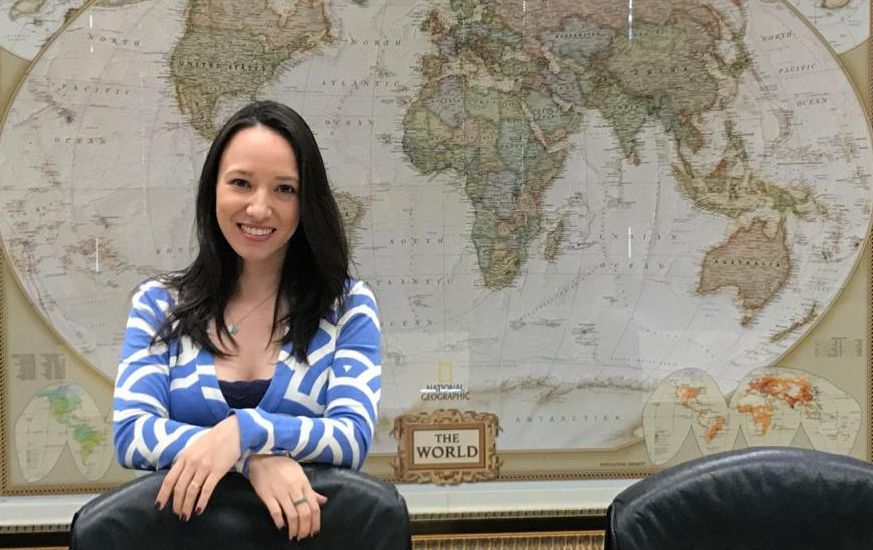São Paulo – At the beginning of this month, the Arab Brazilian Chamber of Commerce (ABCC) finished one of the last development stages of ABCC Lab, its innovation laboratory. The launch of the project, which had its initial idea presented in May last year, is scheduled for August. ABCC Lab will be a hub acting as an agent for bringing together ecosystems linked to innovation in Brazil and the Arab countries.
Details of ABCC Lab will be unveiled at the launch. Still, it is already possible to say that it will involve many players in the disruptive economy in both regions, such as startups, entities, institutes, universities, government agencies, funds, among others. “We want to expand the relations between Brazil and the Arab countries to another sphere, to exchanges for innovation and focused on the future, inserting ourselves in this ecosystem,” says the International Business consultant at the ABCC, Karen Mizuta (pictured above), project leader.

The stage completed this month was the mentoring of the project, carried out by TDS Company, focused on digital transformation. Once the process is finished, only a few steps are left for ABCC Lab to be implemented. The chief scientist at TDS, Silvio Meira, says this is an innovative project like no other in chambers of commerce. Meira is known as one of the top authorities on innovation in Brazil.
He claims that there are many local complexities in the Arab world, which he calls networks, depending on the different realities of each country. “So it’s innovative, complex, has a huge impact potential, also having a tremendous cultural potential to bring societies and economies from so many geographies closer together,” he says about ABCC Lab. Meira says that the goal is not to make the Lab a peripheral operation in Brazil-Arab relations but to change the form, tone, and content with which negotiations with the Arab countries are done, going beyond commodities.
To start building the idea of ABCC Lab, the ABCC formed a multidisciplinary internal working group that acted along with TDS in formulating the business plan. The team worked with the Design Thinking approach used by startups to create products and services creatively and collaboratively. According to Mizuta, the mentoring involved building knowledge in ABCC Lab’s area of operation, preparing a strategy based on discussions and formulating possible products: services.
“We already had a vision of what ABCC Lab would be, which was being refined with the many insights the group was bringing,” says Mizuta. Based on a startup model itself, the idea is for ABCC Lab to be mutating, changing, adapting, and renewing according to the experiences and responses of the markets.
TDS, reverse consulting
Silvio Meira says that what TDS does – and did with ABCC Lab – is reverse consulting. “We work with people as enablers of a strategic design process to discover together what they want to, can, and should do,” he says. The digital strategy proposed by TDS is to foresee the future. “It is a process of bringing ‘futures,’ in the plural, to the business,” describes Meira.
The work is based on five steps, focused on knowledge, strategy, product, business, and scale. The first is a cycle of understanding the subject to move on to the next step, in strategy, to discover the opportunities. “You create hypotheses and make choices,” explains Meira. The product cycle is experimenting with created prototypes, followed by transforming them into a standardized business and scaling.
Translated by Elúsio Brasileiro




